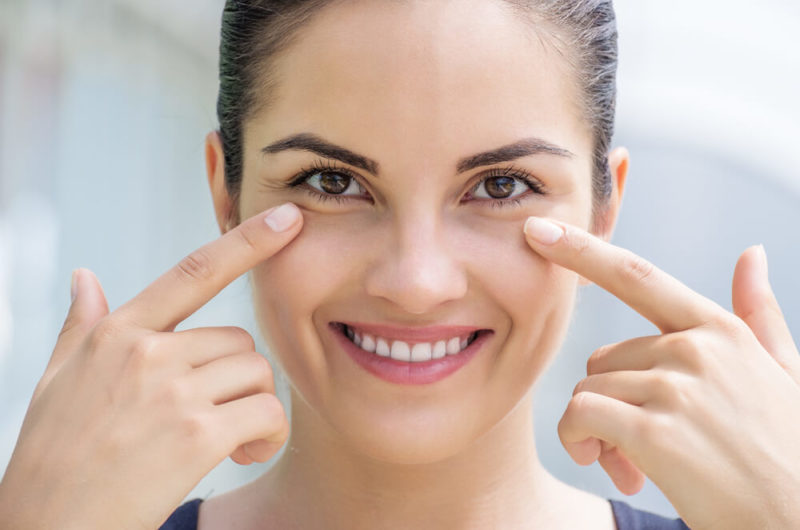
Natural eye care is an essential part of your everyday regimen. You may not realize that taking good care of your vision is important until you suffer from eye problems. Relying on a regularly scheduled eye exam is one way to protect your eyes. However, home remedies for your eyesight may also help you maintain good vision. As you age, you can use home remedies to improve your eyesight and reduce the risk of eye health problems during the aging process. For older adults, a homemade remedy for glaucoma and cataracts may help.
How to improve your eyesight naturally at home is easier than you may think. It all begins with a call to the offices of Diamond Vision, and then after speaking with an eye specialist, you use the recommended daily regimen. Natural eye care can help maintain your good vision, and reduce age-related vision loss. Just follow this simple guide to home remedies for your eyesight to make it fun, and easy.
8 Ways to Protect Your Eyes Naturally
Your eyes are not the same as your other body parts. They are your tools to view and perceive the world around you, and over time the natural aging process can take a toll on the delicate tissues of your eyes. For this reason, it is essential to take great care of your eyes during every decade of your life. Start using these eight ways to protect your eyes naturally as part of your everyday health regimen.
- Vitamin A – is one of the most important vitamins for good eyesight. Vitamin A comes in many forms including beta carotene, lutein, and zeaxanthin to help reduce eye strain. Beta carotene, in particular, can be found in many orange foods including carrots, sweet potatoes, and even tomatoes. Naturally occurring Vitamin A that you can find in common foods like carrots, and apricots is the best way to consume eye nutrients. You can also take vitamin A supplements to reduce your risk of age-related eye problems including macular degeneration, and glaucoma.
- Antioxidants – Not all eye vitamins are created equal. In fact, some vitamins for the eyes known as antioxidants work in a unique way to protect your good vision, especially as you age. You see, your eyes commonly suffer from age-related degeneration which can take on many forms including blurred vision, loss of vision, or other eye problems. Antioxidants protect eye tissues and genetic material against damage caused by byproducts of your body’s metabolic processes known as “free radicals.”

These harmful compounds can damage healthy eye cells while antioxidant vitamins are known to help delay the onset of eye problems associated with free radicals to slow eye aging. Vitamin A, vitamin C, and vitamin E are the most well-known antioxidant vitamins for good eye health.
- Minerals – Minerals are essential nutrients known to support eye health. Zinc is one of the most popular eye nutrients and is also able to boost your immunity. When you combine eye support minerals with other vitamins for the eyes, you may be able to reduce the rate of your age-related vision loss. Additionally, consuming zinc through your diet may help to prevent a loss of vital zinc stores in your eye linked to the development of age-related eye problems including macular degeneration, and cataracts. One of the best natural sources of minerals needed for good vision, and lasting eye health, leafy green vegetables including collards, kale, cabbage, and broccoli, should be on your eye health menu.
- Essential Fatty Acids (EFAs) – These fats can be found in all types of natural foods for the eyes including olive oil, hemp seeds, and fish oil. The connection between EFAs and eye health is clear when you consider the many benefits to the body through the circulatory system, as well as eye health specifically. DHA is one omega-3 fatty acid that is naturally produced in the retina of your eye, thus consuming EFAs may help to reduce the risk of an omega 3 deficiency.
- Regular Exercise – In just 15 minutes a day, you can achieve better health, and reduce your risk of vision loss. So, go ahead, and get active! Any type of physical exercise that you perform on a regular basis is a great way to support your overall health, and lower the possibility of vision problems caused by diabetes, high blood pressure, and high cholesterol.
- STOP Smoking – There is only one thing that all health professionals say about smoking – stop! If you use tobacco products, stop using them for the sake of your eye health. If you are a smoker, you can start to reverse the damage the day you quit, however, the recovery process takes time. If you are a smoker, ideally, you should stop as soon as you can, and never look back. Smoking increases the risk of eye problems including optic nerve damage, macular degeneration, and cataracts. You can quit smoking today.
- Wear Protection – Your eyes are exposed to one of the most harmful substances for healthy cells every day. Ultra-violet rays from the sun are known as UVA and UVB rays, and they are both harmful to your skin, and eyes even when it is cloudy. Take good notice of what type of protection you use. For example, you should use broad-spectrum eye protection that shields your eyes from both UVA and UVB radiation from the sun. Additionally, because radiation can damage your eyes permanently, wear protective eyewear including sunglasses, goggles, and safety glasses whenever your eyes are at risk of damage.
- Limit Screen Time – A smartphone and tablet make your life easier, however, the amount of time you spend looking at a screen could hurt your eyes. Overtime looking at the blue light emitted from your tech devices could wreck your eyesight. It is recommended that you limit your exposure to blue light from any device, including your laptop, and phone. If you have the option to select a screen version that does not omit damaging blue light, it is recommended that you use it especially at night, when your eyes are the most sensitive.
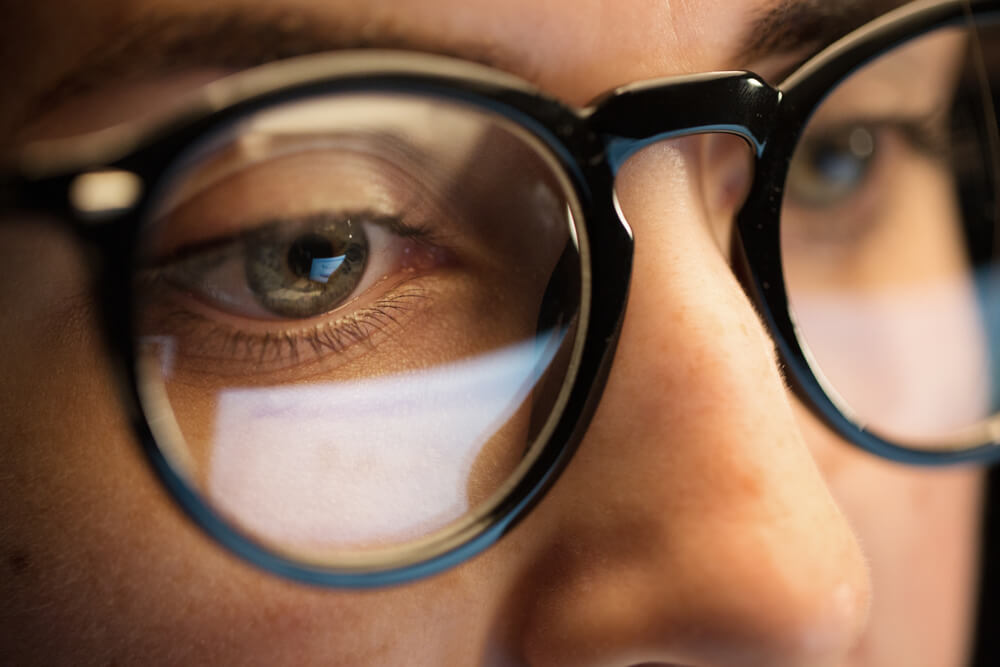
Talk to An Eye Specialist
As you age, it becomes even more important to take great care of your eyesight. If you are worried about developing eye problems, talk to an eye specialist. There are many ways that you can work with your specialist to find out more about your eye problems. Call the offices of Diamond Vision today, and be sure to tell the eye specialist about any problems with vision, or eye health that runs in your family. Other health conditions can also affect your eye health, so remember to share with your specialist if you suffer from diabetes, high blood pressure, or other conditions that could affect your risk for eye problems.
Use these eight ways to protect your eyes naturally, and then call the offices of Diamond Vision. You can discuss your current health concerns and conditions, and find out if you have a higher risk of eye disease. We have qualified eye specialists that can recommend daily regimens to get you the best results possible for your vision, and eye health – at any age. Call us today!
There are so many beautiful things to see in New York. That’s why you need to take care of your vision. If you need any help with your eyesight visit our Manhattan Eye Care Center.
Contact Us
If you have more questions about LASIK procedures, get in touch with us.
Related Blogs
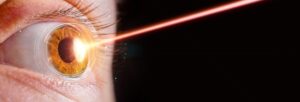
Who Should Not Have Laser Eye Surgery
Laser eye surgery, commonly known as LASIK (Laser-Assisted In Situ Keratomileusis), has revolutionized the world of vision correction. It’s a procedure that has enabled millions
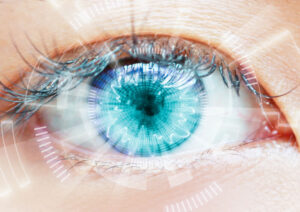
LASIK eye surgery: What is LASIK and how does it work?
What Is LASIK? Experts categorize LASIK as a refractive eye surgery in which lasers are used to correct vision problems. LASIK corrects several refractive errors,
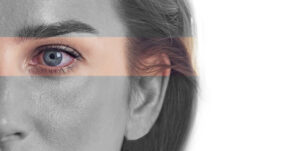
Everything You Need To Know About The Lipiflow Treatment
LipiFlow is often referred to as a ground-breaking technology that is able to treat dry eye issues caused by meibomian gland dysfunction, or MGD. Experts
